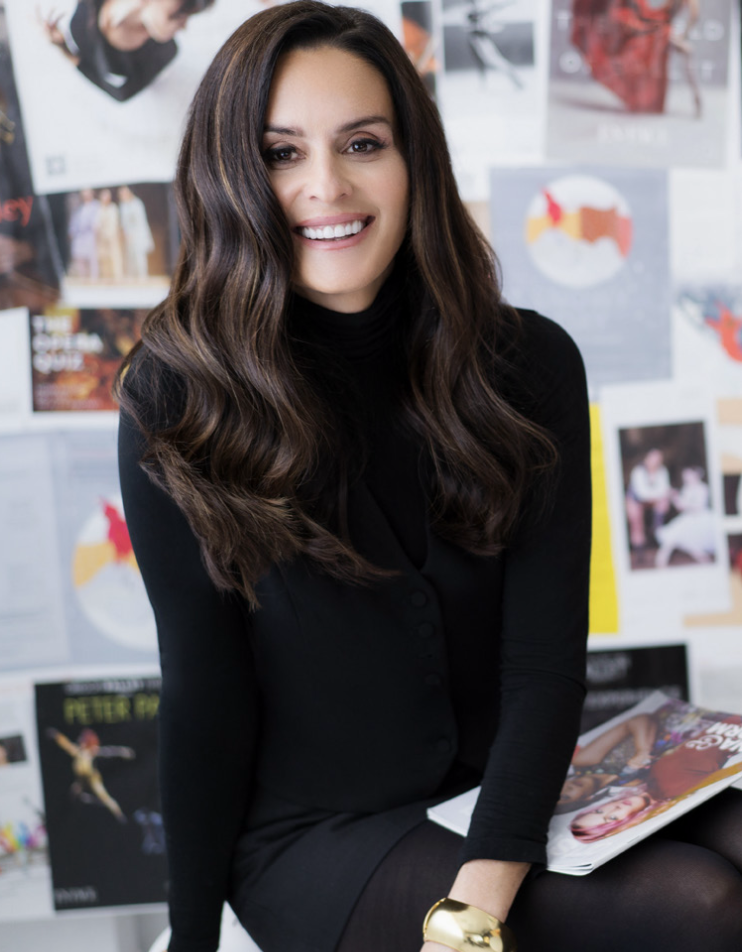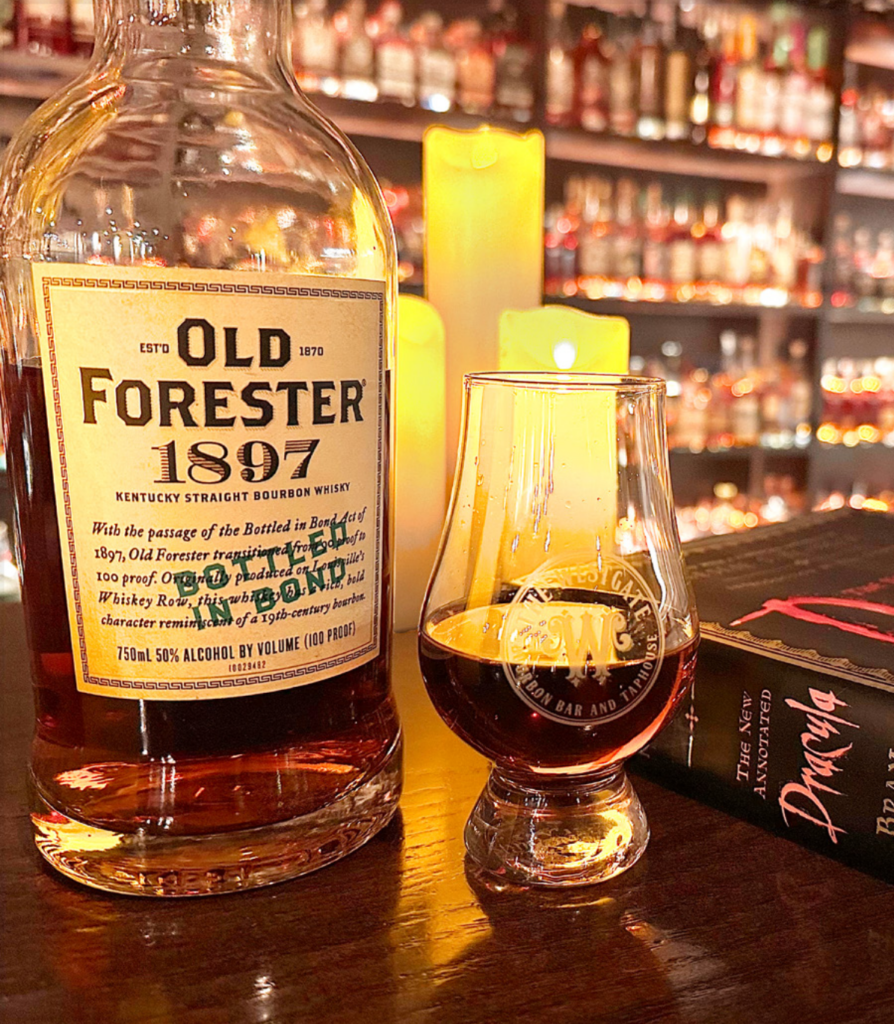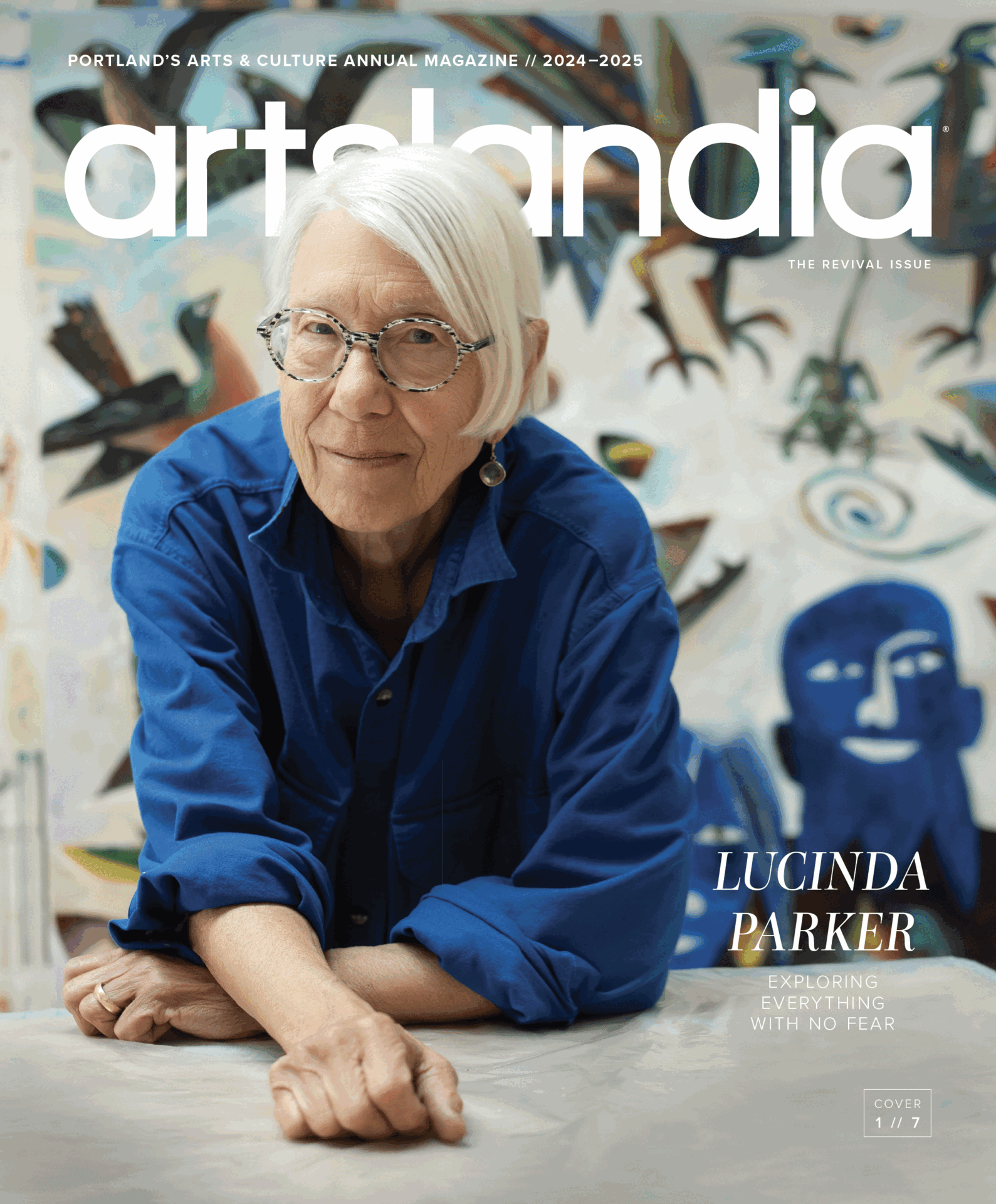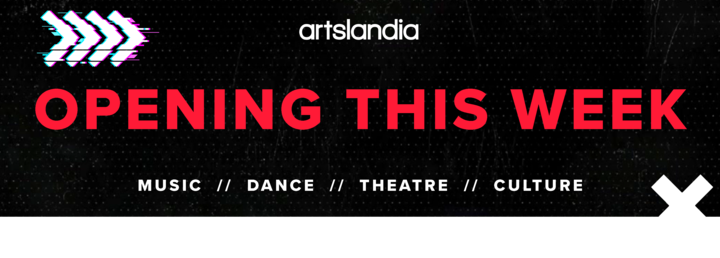Profession: Violinist, Concertmaster of the Oregon Symphony, Co-Founder and Executive Director of Classical Up Close, Icon
Sarah Kwak, Concertmaster of the Oregon Symphony since 2012, began playing violin at age four. After a brief stint at the Vienna Vienna Hochschule für Musik, she began studying at the Curtis Institute of Music at age 12. She gained prominence as the first Associate Concertmaster of the Minnesota Orchestra and subsequently served as Acting Concertmaster. Sarah was the first artist to win all three memorial awards at the Washington International Competition and was also the winner of the 1989 WAMSO Young Artist Competition and the 2008 McKnight Artist Fellowship.
An accomplished chamber musician, Sarah has toured nationally with “Musicians from Marlboro” and internationally with the Casa Verde Trio. She co-founded the Rosalyra String Quartet, which debuted
in New York in 1996. Her performances have taken her to prestigious festivals worldwide, and her collaborations include leading orchestras, including the Philadelphia Orchestra and the Minnesota Orchestra. She is also a founding member and Executive Director of Classical Up Close, a nonprofit organization dedicated to making classical music accessible through free community concerts across the Portland Metro area.
Artslandia: Can you describe a pivotal moment in your early life that significantly influenced your musical career?
Sarah Kwak: When I was 11, the great pianist Rudolf Serkin came to town to perform. Somehow, my parents were able to set up a private meeting with him, and he graciously agreed to hear me play for a few minutes. That brief encounter was the most important moment in my musical journey. He was then the Director of the Curtis Institute of Music and immediately invited me to attend as a full-time student. The following year, I left home to live with another family in Pennsylvania to study with the world’s most renowned teachers, including Ivan Galamian, Szymon Goldberg, and Felix Galimir.
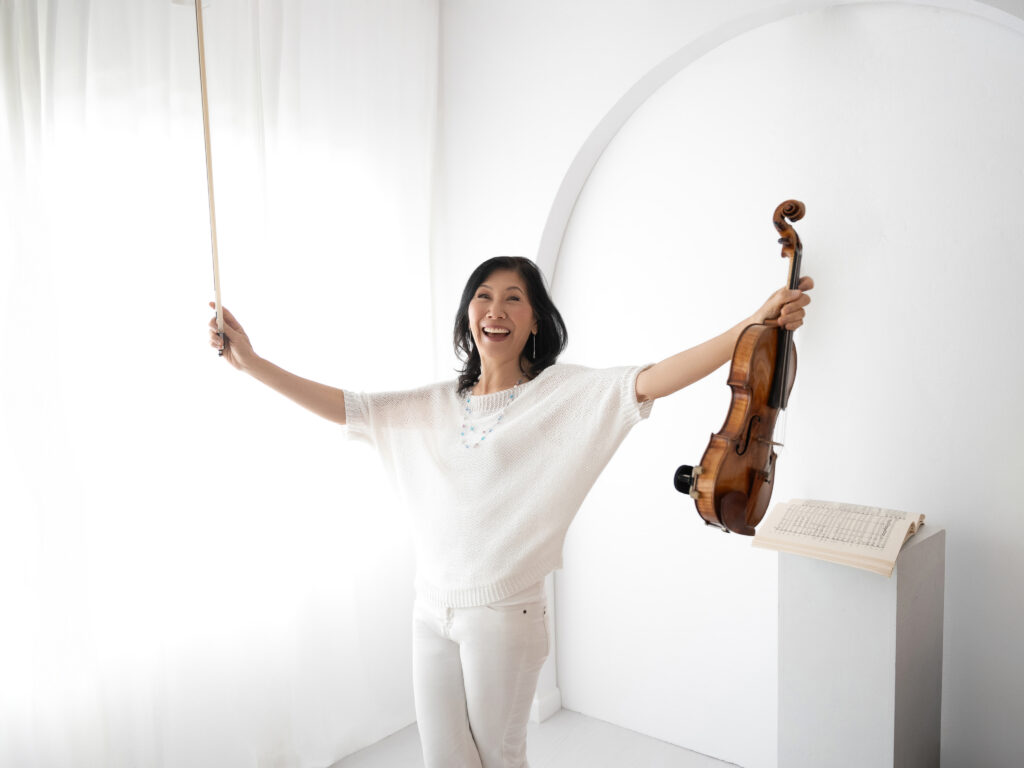
A: Did you face any challenges as a musician, particularly related to your background or identity? How did you navigate these challenges?
SK: At times, being of Asian descent has been challenging. I think perceptions have changed since I first started, but back then, Asian violinists were stereotyped as being rather mechanical—technically excellent but devoid of any emotion. As a result, it was taken for granted when I managed to perform without any technical mistakes instead of being an impressive feat. I had to work harder to show I had more to offer than pure mechanics.
A: Can you share a bit about your journey as a performing artist in Portland? What drew you to this city, and how has it influenced your work?
"A thriving arts scene is integral to a vibrant city."
Sarah Kwak
A: In what ways does classical music contribute to Portland’s cultural landscape and identity as a flourishing arts city?
SK: When one thinks of great cities, they all have specific characteristics in common. A thriving arts scene is integral to a vibrant city. It provides something for people to rally around and brings them together in a shared experience.
A: Can you describe your experience with the relationship between Portland’s classical music scene and the broader community? What efforts have you been involved in to strengthen this connection?
SK: When I arrived in Portland in 2012, the music community did not seem meaningfully connected to the rest of Portland. The following year, financial problems forced the cancellation of the Symphony’s Carnegie Hall engagement. It seemed as if nobody cared. Therefore, a group of us formed Classical Up Close, a series of free informal chamber music concerts designed to foster new relationships between musicians and our community and to thank our supporters.
During the two weeks we were supposed to be in New York, we traveled to many neighborhoods throughout the Portland Metro area, giving concerts where people live, work, and play. The first festival was so successful that we are now in our 12th year as a nonprofit organization.
As a founding member and Executive Director of Classical Up Close, I am clearly passionate about making great classical music accessible to all and breaking down barriers usually associated with this type of music.
Along those lines, I also travel to smaller towns in Oregon to give recitals for those who might live too far away to attend Symphony concerts.
A: What legacy do you hope to leave for future generations of musicians?
SK: A few rules I try to live by are: Lead by example; Always strive for excellence, and keep your standards high; Keep practicing even when you have achieved a certain position or status; Always come to rehearsals prepared, which shows respect for your colleagues and your job; Maintain a sense of decorum; “Do what you like, like what you do, and be the best of whatever you are.” I would be pleased if I am remembered as someone who tried to live up to these standards.




